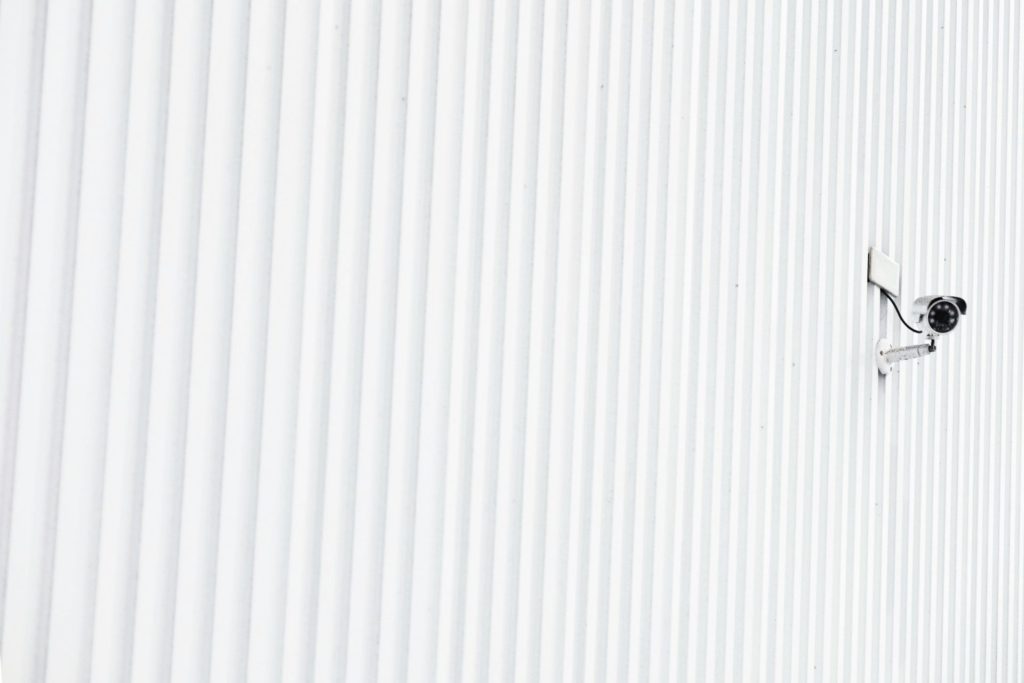In a ruling of May 6, 2025 (no. 23-23.294), the French Supreme Court confirmed the principle that the mere finding of an infringement of the right to privacy is sufficient to give rise to a right to compensation, without the need to prove the existence of actual harm.
Context:
An employee who had been dismissed challenged the termination of her employment contract. She sought damages for a breach of the obligation of good faith in the performance of the contract, based on a violation of her right to image and privacy. She criticized her employer’s use of CCTV and telephone monitoring devices targeting employees, of which she had not been informed.
Court of Appeal’s decision:
The Court of Appeal rejected her claim, holding that the employee had failed to demonstrate the existence of actual harm. The court also held that the surveillance measures had been regularized, albeit belatedly, by the employer.
French Supreme Court’s ruling:
The French Supreme Court overturned the appellate decision, pointing out under Article 9 of the French Civil Code, which guarantees respect for private life. Thus, the Court emphasized that judges may order any appropriate measures to put an end to a breach of privacy, regardless of whether any specific damage is proven.
This decision confirms that the mere finding of an infringement of the right to privacy is sufficient to give entitlement to compensation, even in the absence of proven harm.

